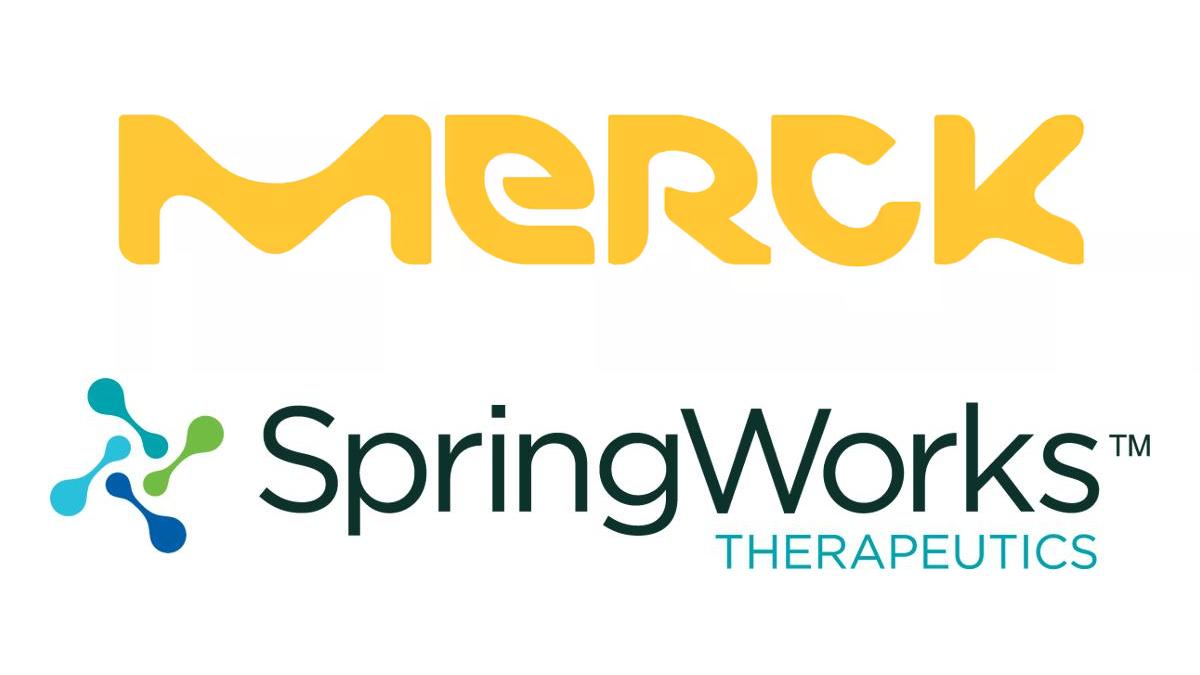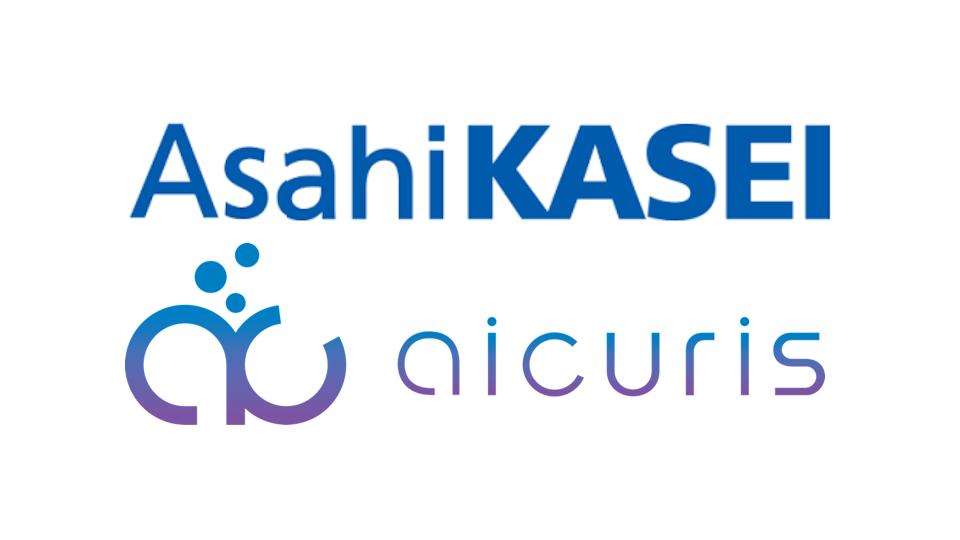Merck puts a price on its SpringWorks takeover bid

Reacting to press speculation, Merck KGaA has acknowledged that talks to buy US biotech SpringWorks are now in the late stages and are revolving around an offer of around $47 per share.
Merck stressed that "no final decision has been taken and no legally binding agreement has been entered into," but a deal at $47 would value SpringWorks in the region of $3.5 billion. That would make it the largest life sciences deal for the German pharma and chemicals company since it bought Sigma-Aldrich for €13.1 billion in 2015.
So far, SpringWorks – which was spun out of Pfizer in 2017 and has recently received FDA approval for a second therapy for a rare disease – has yet to issue its own statement on the matter. Its share price is currently trading at just under $45, having risen 9% amid speculation that the deal is getting closer to agreement.
Negotiations between the two companies were confirmed in February, shortly before SpringWorks reported $172 million in 2024 revenues, all generated by its Ogsiveo (nirogacestat) drug for desmoid tumours, and its FDA clearance for neurofibromatosis type 1 (NF1) therapy Gomekli (mirdametinib).
Analysts at Goldman Sachs have previously suggested that Ogsiveo could become an $800 million product at peak, while Gomekli could knock on the door of $1 billion in sales as the first medicine approved for use in both adults and children with plexiform neurofibromas (PN) associated with NF1.
Its only competitor at the moment is AstraZeneca's MEK 1/2 inhibitor Koselgo/Koselugo (selumetinib), co-marketed by MSD, which was approved for NF1-PN in paediatric patients aged two and older in 2020 and brought in sales of $631 million in 2024.
If a deal is reached, it will help shore up Merck's product pipeline at a time when it has suffered some R&D disappointments, including for much-touted head and neck cancer candidate xevinapant, which was abandoned after it failed a phase 3 trial last year, and multiple sclerosis therapy evobrutinib, which was dropped at the end of 2023.
The German group is also facing slowing sales growth for its cancer immunotherapy Bavencio (avelumab) and the looming patent expiry for MS drug Mavenclad (cladribine), which together accounted for around a fifth of its healthcare sales in 2024.
Merck acknowledged at an R&D update in 2023 that it had a pressing need to bolster its pipeline, particularly through external 'bolt-on' partnership deals, and get drugs through development and onto the market more quickly. It set a target of launching a new product every 18 months.












